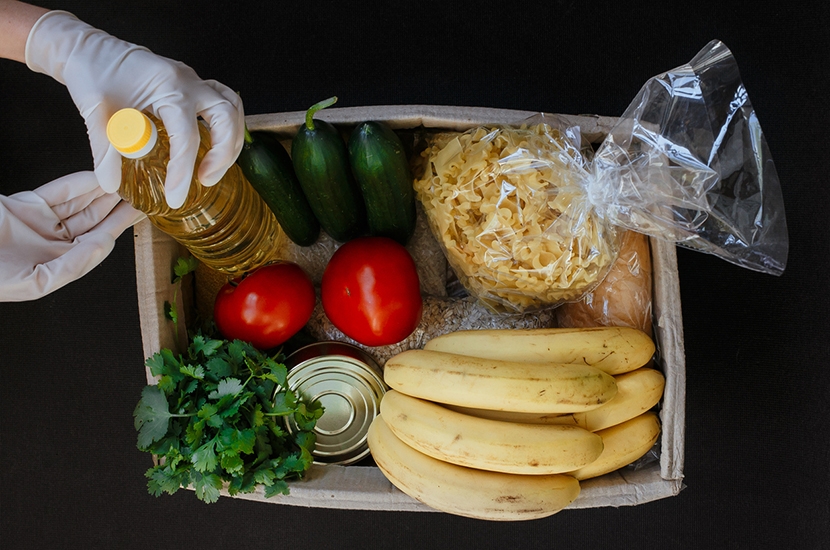For The Spectator’s 2020 Economic Innovator of the Year Awards, sponsored by Julius Baer, we have introduced a new award for Social Impact to reflect the fact that today’s entrepreneurs, especially younger ones, tend to believe that business should aspire beyond profit (even though they recognise that profit is essential for any business to survive, grow and reward its investors) towards trying to make the world a better place.
On that basis, it was no surprise that the vast majority of our almost-150 entrants this year ticked the box that indicated they’d like to be considered in this category, as well as on their merits as innovators and business-builders. But in doing so, they interpreted the phrase ‘social impact’ very widely — and of course the first thing our judges are likely to be asked, and indeed need to ask themselves, is: ‘What does it actually mean?’
Well, here’s our interpretation: ‘All the entries we have selected as finalists in the Social Impact category are entrepreneur-led for-profit businesses, not social enterprises or charities. But all claim to have a purpose for the benefit of society which is about more than economic gain. That purpose may be to help solve a specific social problem, or to provide a service that helps charities and good causes perform better — or, in current circumstances, a service or product that helps the NHS or businesses or individuals cope with the Covid crisis. The winner will be a business that meets all our usual criteria of being innovative, scalable and sustainable but is also most effective in achieving its declared social purpose.’
So that’s the filter through which we approached our task. The panel of guest judges comprised Priya Lakhani OBE, founder of pioneering edutech venture and last year’s overall winner Century Tech; Jonny Ohlson, founder and chief executive of the 2018 overall runner-up Touchlight, which manufactures DNA for medical laboratories and is currently involved in several Covid vaccine projects; and David Durlacher, UK chief executive of Julius Baer.
And it would be fair to say that we found a lot to admire in all seven finalists, making the choice of one winner among them almost impossibly difficult. Bankuet brings vital logistical and fundraising support to the food banks which sadly now play such a vital role in providing for those most in need in the UK. Chatterbox deploys the skills of highly educated refugees, who might otherwise struggle to find work, to offer online language learning services. Sook Spaces offers a solution to the rapidly rising problem of the deserted high street: it takes empty shops and turns them into flexible, low-cost, digitally enabled spaces for multiple use.
Then came two entrants whose claim to the award relates directly to the pandemic and its immediate consequences. Patchwork Health has an app that connects NHS hospitals directly with available clinicians, some 15,000 of them so far, to fill vacant shifts and ‘staffing black holes’. And the Alternative Pallet Co tells a remarkable story of pivoting its product range to make pop-up desks for people who suddenly found themselves working from home, and dividing screens for workplaces, out of sustainable honeycomb paper material.
Finally, two ventures that help charities perform better or raise more money. GoodBox provides handy terminals with interactive video features for collecting contactless donations even when there’s no wifi connection — boosting fundraising potential in an increasingly cashless world. And Ethical Angel links companies with good causes in a different way, by creating training experiences for corporate executives which are also real and valuable projects (devising a marketing strategy, for example) for charities.
How would you choose between them? Do look at all their websites to learn more about them — and do post comments if you’d like to. Our judges will be Zooming again in October to pick a winner for the category, and of course all our award winners will be announced at our virtual gala in November. Stay with us until then!






Comments